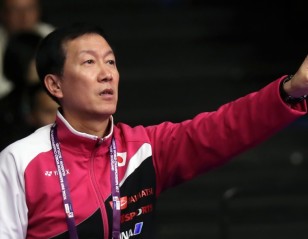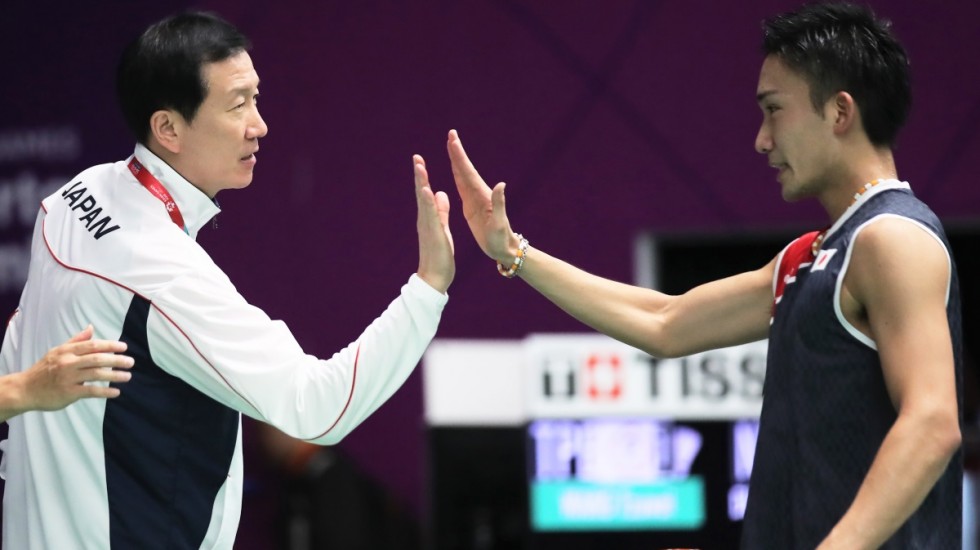
Month-Long Countdown Begins for Sudirman Cup
The 16th edition of the World Mixed Team Championships is just a month away, and all signs are that it will be a closely-contested event between the 12 teams in Group 1.
Of the three major team events – the Thomas Cup and the Uber Cup being the others – the Sudirman Cup has seen the fewest winning nations. While the Thomas Cup and the Uber Cup have each been conquered by five nations, only three nations have achieved the feat at the Sudirman Cup.
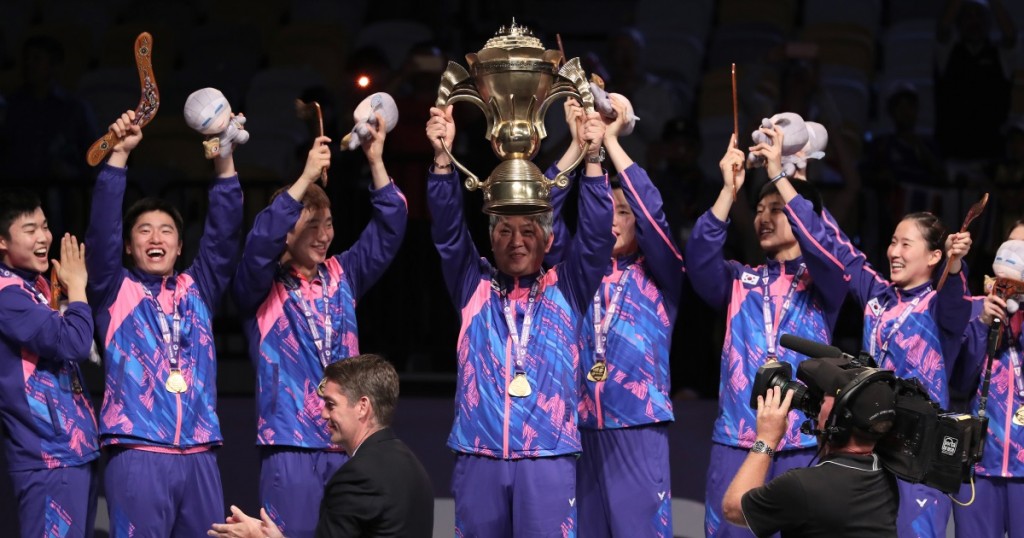
Even more pertinent is the fact that, after the first edition in 1989 won by Indonesia, the Sudirman Cup has been in the possession of only two countries – China and Korea.
Thus, the 30th year of the Sudirman Cup will be a challenge to the other teams – can they defy the pattern set over three decades and make history in Nanning?
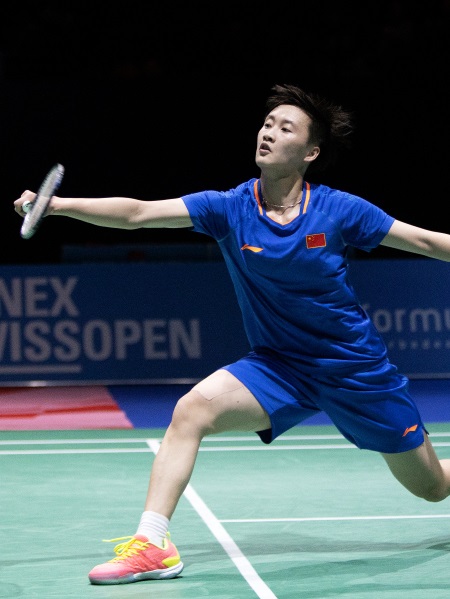
On paper, Japan – in Group 1A with Thailand and Russia – look strong contenders to complete their full set of team victories, having won the Thomas Cup in 2014 and the Uber Cup in 2018.
The top seeds have strength in all five categories, and will look to improve on their strong showing in Gold Coast, when, even without Kento Momota, they ran China close in the semifinals.
Japan head coach Park Joo Bong acknowledged that while his team had a good chance to win the title, China – on home turf – would be their most formidable opponents.
Ten-time champions China’s preparations received a booster shot with the All England win of Chen Yufei in women’s singles and Chen Qingchen/Jia Yifan in women’s doubles, the two categories that have slipped from China’s hands in recent years.
However, while Japan and China remain favourites in the run-up to the Sudirman Cup, a few other teams have built up all-round strength.
Thailand, for instance, will be inspired by the recent Singapore Open win of their mixed doubles pair Dechapol Puavaranukroh/Sapsiree Taerattanachai. With strong performers in women’s singles, women’s doubles and mixed doubles, Thailand can pose a problem or two for the favourites.
China are in Group 1D with India and Malaysia. India can bank on their two singles, while their doubles pairs can be dangerous opponents for the favoured names, and even China might be hard-pressed to beat them.
Malaysia have strong pairs in men’s doubles and mixed doubles; and if their emerging players in the other categories deliver, pre-tournament expectations in the group could turn topsy-turvy.
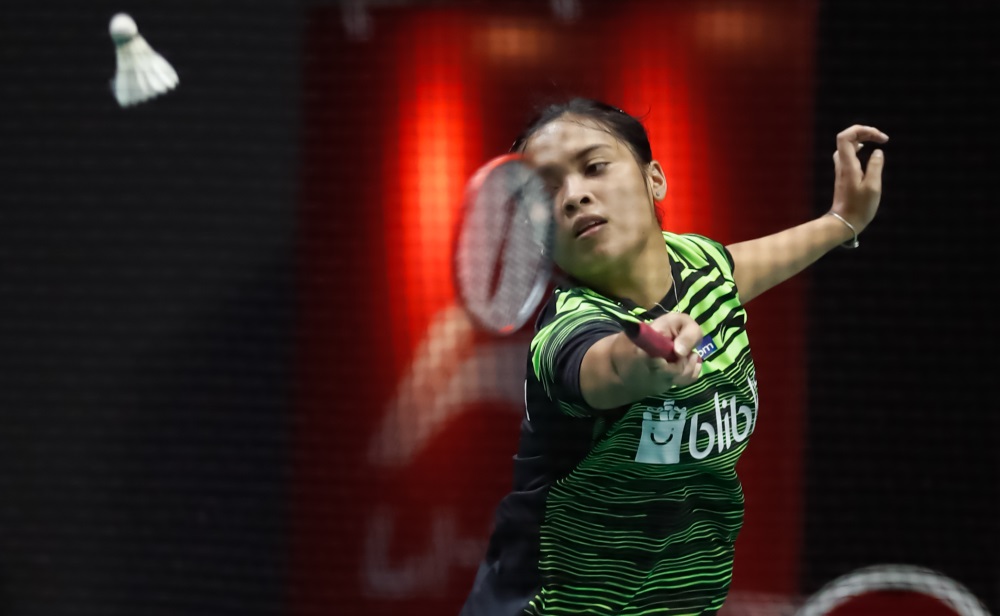
Indonesia, in Group 1B with Denmark and England, will quietly be fancying their chances. In Jonatan Christie and Anthony Sinisuka Ginting they have consistent men’s singles players; their men’s doubles are in reliable hands. Much will depend on young Gregoria Mariska Tunjung in women’s singles. If she does hold up her end, as she did in the Uber Cup where she remained unbeaten, Indonesia can expect a memorable campaign.
Chinese Taipei, like India, can bank on their singles (Chou Tien Chen and Tai Tzu Ying). What will enthuse them is the form of Wang Chi-Lin in both his doubles. This year, their new men’s doubles combination Wang and Lee Yang made three finals in a row, of which they won two.
Chinese Taipei, though, are in the most competitive of all the four groups, Group 1C, which includes defending champions Korea and Hong Kong.
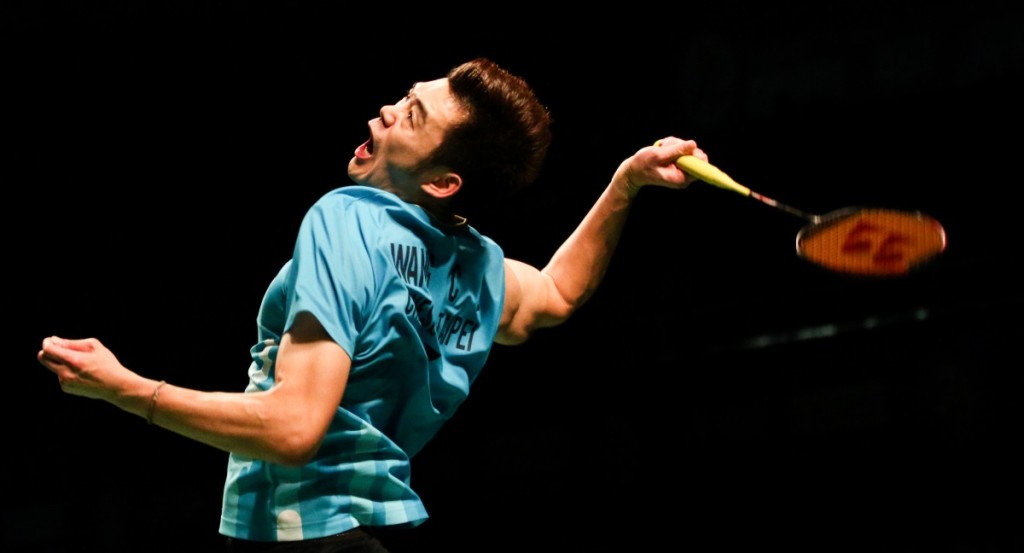
Korea haven’t had much to crow about lately, and Son Wan Ho’s recent injury would be a setback. The Koreans, having exceeded all expectations at the last edition with a young team; will surpass any achievement in their history if they can repeat what they did in Gold Coast.
Denmark will miss the services of Christinna Pedersen in both her doubles categories, and will expect Sara Thygesen and Maiken Fruergaard to step up. The Danes are solid in the two men’s categories, and if Mia Blichfeldt and Line Kjaersfeldt can deliver women’s singles, they are capable of going far.
Sudirman Cup News
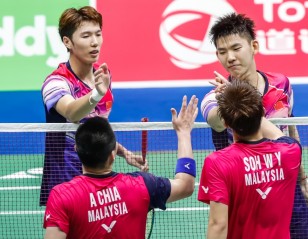
Sudirman Cup: The Most Thrilling Battles 5 June 2019
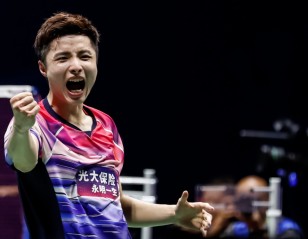
Stars Who Shone; Those Who Didn’t 4 June 2019
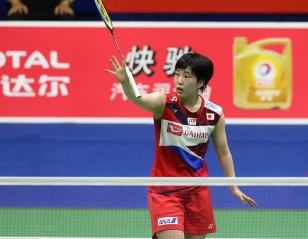
Key Moments: Chen vs. Yamaguchi – Sudirman Cup ‘19 30 May 2019
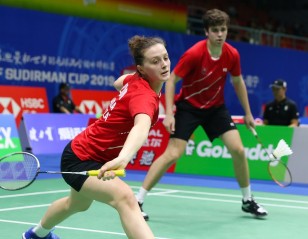
Slovakia Daring to Dream – Sudirman Cup ’19 28 May 2019
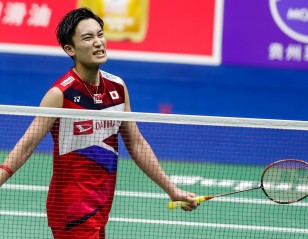
Key Moments: Shi vs. Momota – Sudirman Cup ‘19 28 May 2019
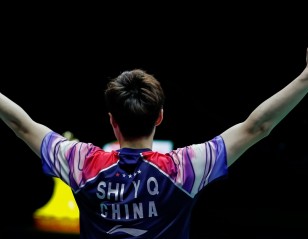
As It Happened CHN vs JPN – Sudirman Cup ‘19 27 May 2019
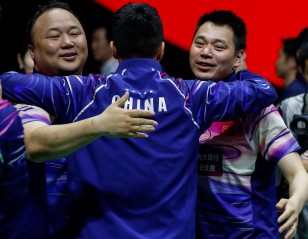
Celebrations and Concessions – Sudirman Cup ’19 26 May 2019
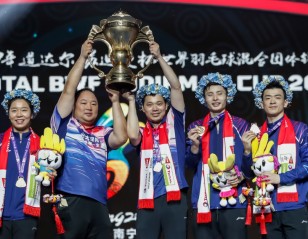
China’s Young Heroes Reclaim Title – Sudirman Cup ’19 26 May 2019
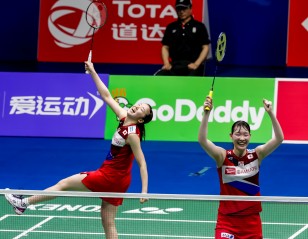
Park: We’re Going All Out! – Sudirman Cup ’19 25 May 2019
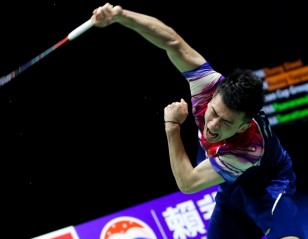
Big Guns Boom for China – Sudirman Cup ’19 25 May 2019
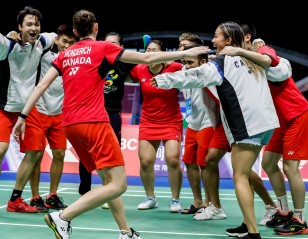
Brilliant Canada Top Group 2 – Sudirman Cup ‘19 25 May 2019
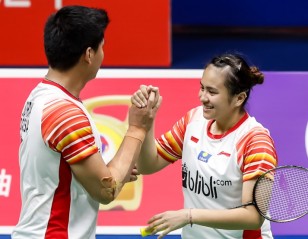
Indonesia Hobble Past Chinese Taipei – Sudirman Cup ’19 24 May 2019
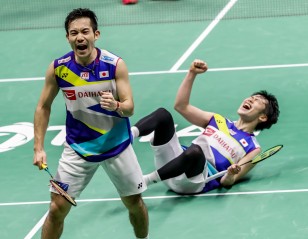
Japan Stay on Track – Sudirman Cup ’19 24 May 2019
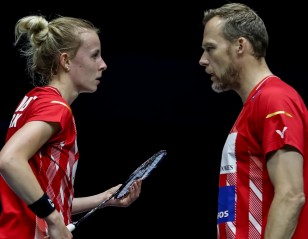
Jonassen: Young Generation ‘Hungry’ – Sudirman Cup ’19 24 May 2019
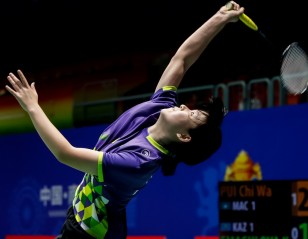
Another Teen Star in the Making – Sudirman Cup ’19 24 May 2019
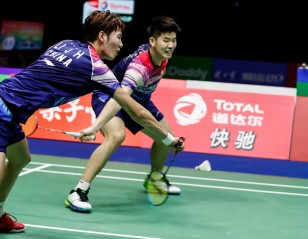
China Coast into Semis – Sudirman Cup ’19 23 May 2019
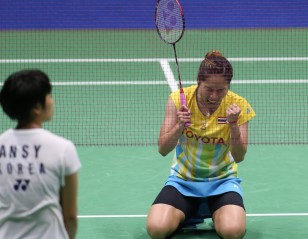
Defending Champs Trip Over Thailand – Sudirman Cup ’19 23 May 2019
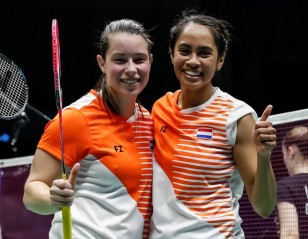
Netherlands Fight Back From Brink – Sudirman Cup ‘19 23 May 2019
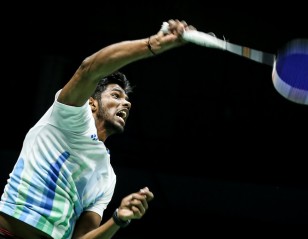
Rankireddy Impressive in Comeback from Fracture 23 May 2019
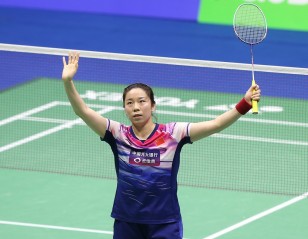
Final Eight Draw – Sudirman Cup ’19 23 May 2019
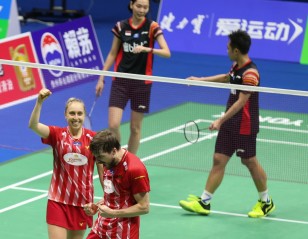
Danes Deliver! – Sudirman Cup ’19 22 May 2019
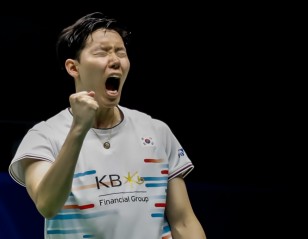
Korea Beat Chinese Taipei, Top Group – Sudirman Cup ’19 22 May 2019
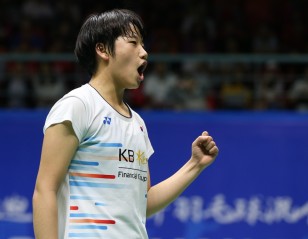
No Stopping An Se Young! – Sudirman Cup ’19 22 May 2019
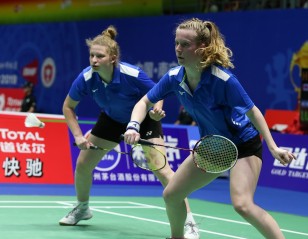
Israeli Youngster Embracing the Big Stage – Sudirman Cup ’19 22 May 2019
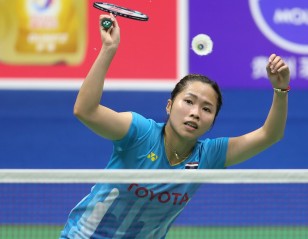
Thailand Thwart Russia – Sudirman Cup ’19 21 May 2019
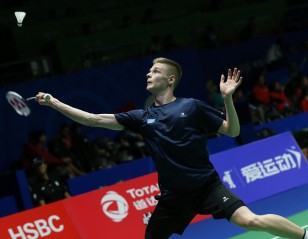
Pathway to Success for Kazakhstan – Sudirman Cup ’19 21 May 2019
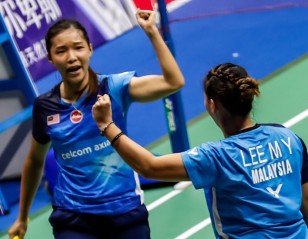
Malaysia Edge Past India – Sudirman Cup ’19 21 May 2019
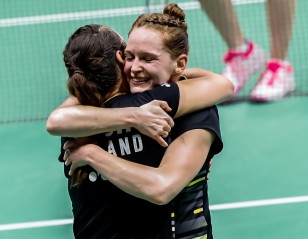
Continental Conquest! – Sudirman Cup ’19 20 May 2019
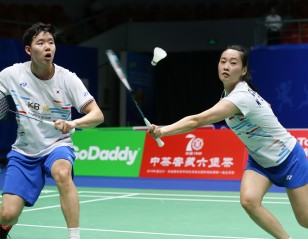
Korea into Quarters – Sudirman Cup ’19 20 May 2019
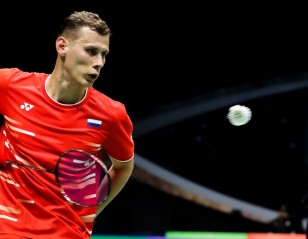
China Club Stint Powers Malkov – Sudirman Cup ’19 20 May 2019
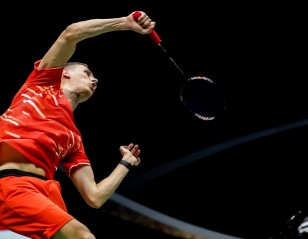
Wake-Up Call for Japan – Sudirman Cup ’19 20 May 2019
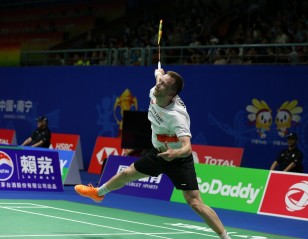
‘Greatest moment ever’ says Greenland – Sudirman Cup ’19 20 May 2019
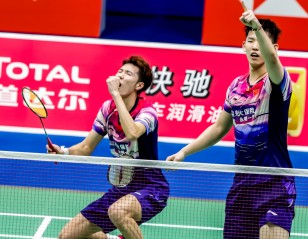
China Brush Off Scare – Sudirman Cup ’19 19 May 2019
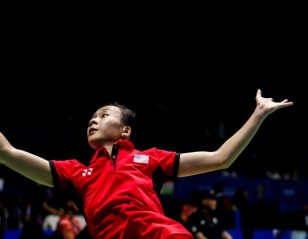
Iris Wang Unable to Resist Badminton’s Lure – Sudirman Cup ’19 19 May 2019
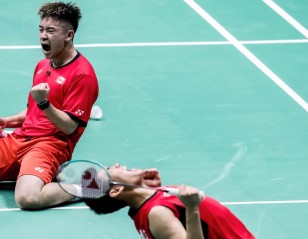
Thrilling Win for Canada – Sudirman Cup ’19 19 May 2019
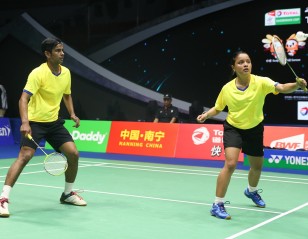
Learning Curve for Nepal – Sudirman Cup ’19 19 May 2019
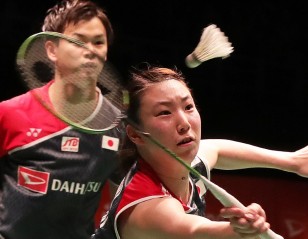
Mixed Doubles at Sudirman Cup – A Form Guide 19 May 2019
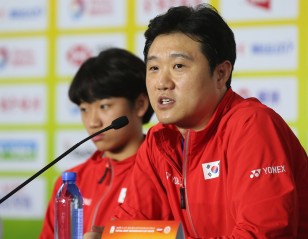
Speaking Their Minds – Sudirman Cup ’19 18 May 2019
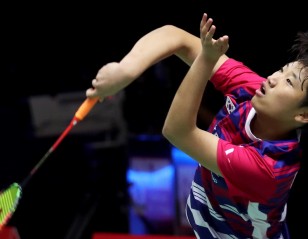
Women’s Singles at Sudirman Cup – A Form Guide 18 May 2019
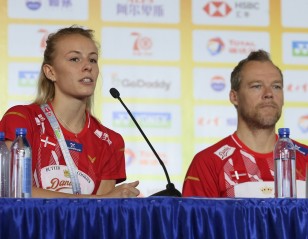
Denmark in Transition Phase – Sudirman Cup ’19 18 May 2019
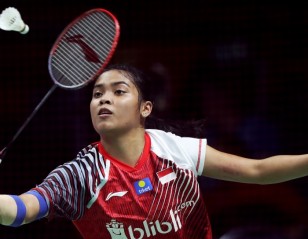
Indonesia Hold the Aces in Group 1B 17 May 2019
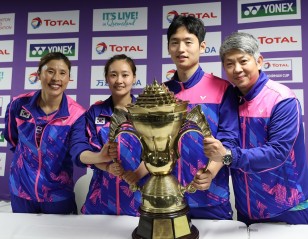
Final Preparations on Sudirman Cup Eve 16 May 2019
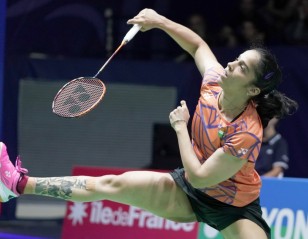
India-Malaysia Duel Likely to Decide Group 1D 15 May 2019
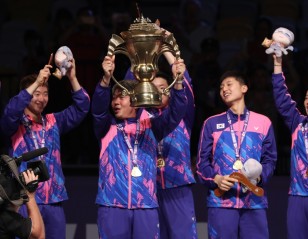
A Twist in the Tale – Sudirman Cup in the 2010s 15 May 2019
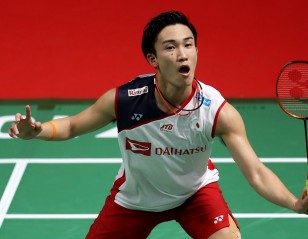
Men’s Singles at Sudirman Cup – A Form Guide 14 May 2019
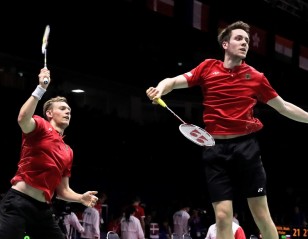
Spotlight On Canada-Germany Clash 11 May 2019
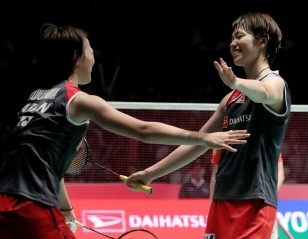
Women’s Doubles at Sudirman Cup – A Form Guide 10 May 2019
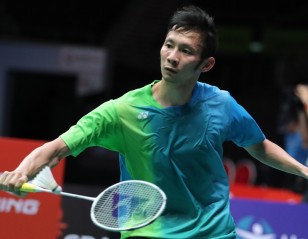
Tight Contest Expected between Netherlands, France 9 May 2019
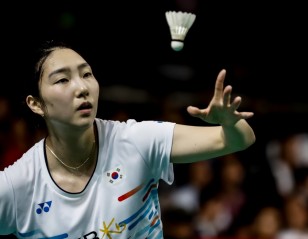
Sung’s Pullout a Setback for Korea in Group 1C 8 May 2019

The Clash of Powerhouses – Sudirman Cup in the 90s 7 May 2019
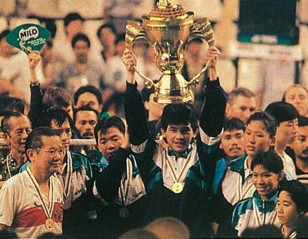
Glory on Home Soil – Sudirman Cup ’89 3 May 2019
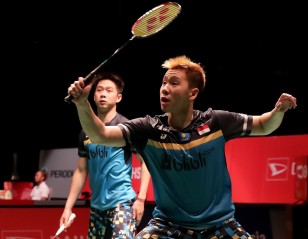
Men’s Doubles at Sudirman Cup – A Form Guide 2 May 2019
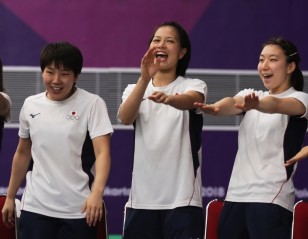
Spotlight on Japan, China – Sudirman Cup ’19 30 April 2019
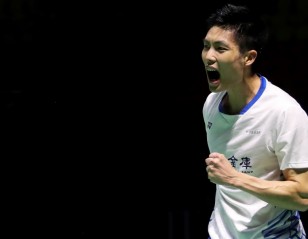
Chinese Taipei Can Go Far – Sudirman Cup ’19 27 April 2019
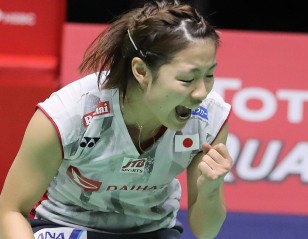
Everybody Wants to Beat Japan, Says Okuhara 26 April 2019
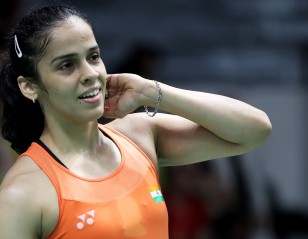
Title Triumph Not Far Away, Says Nehwal 25 April 2019
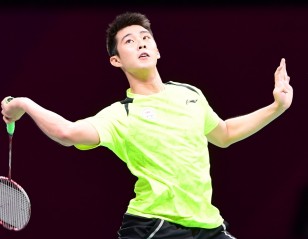
Loh Looks Forward to Team Challenge 24 April 2019
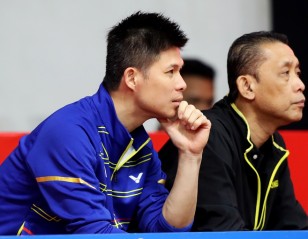
‘Team Spirit and Self-Belief are Important’: Wong Choong Hann 23 April 2019
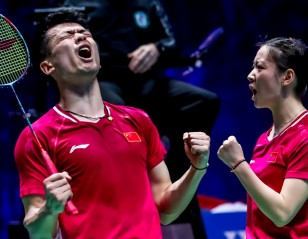
China’s Trump Cards – Zheng & Huang 22 April 2019
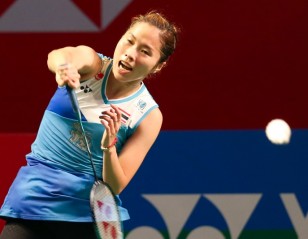
Intanon Optimistic About Thailand’s Chances 21 April 2019
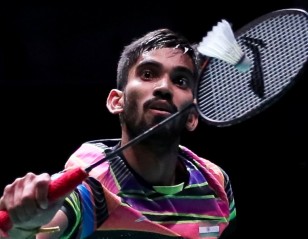
Kidambi Keen to Lead India to Team Glory 20 April 2019
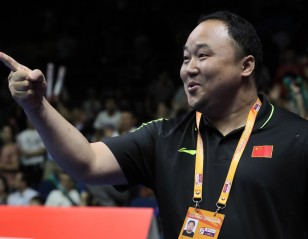
‘Looking to Convert Pressure into Motivation’: Zhang Jun 19 April 2019
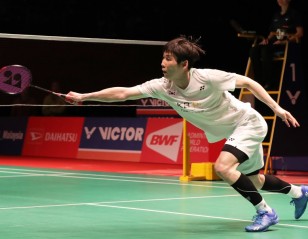
Setback for Korea’s Sudirman Cup Preparations 25 March 2019
Early Test for Hosts China: Sudirman Cup Draw 19 March 2019

Japan Get Top Billing – Sudirman Cup 11 March 2019

Hosts Ready as Sudirman Cup Countdown Begins 20 February 2019
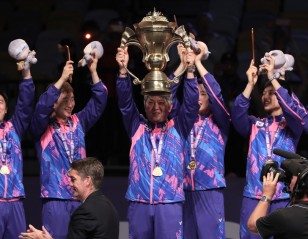
Sudirman Cup Attracts 32 Entries 18 February 2019

GoDaddy Extends Major Events Partnership with BWF 11 February 2019
